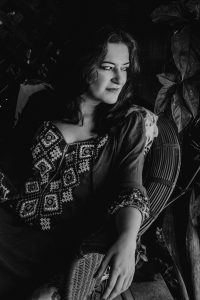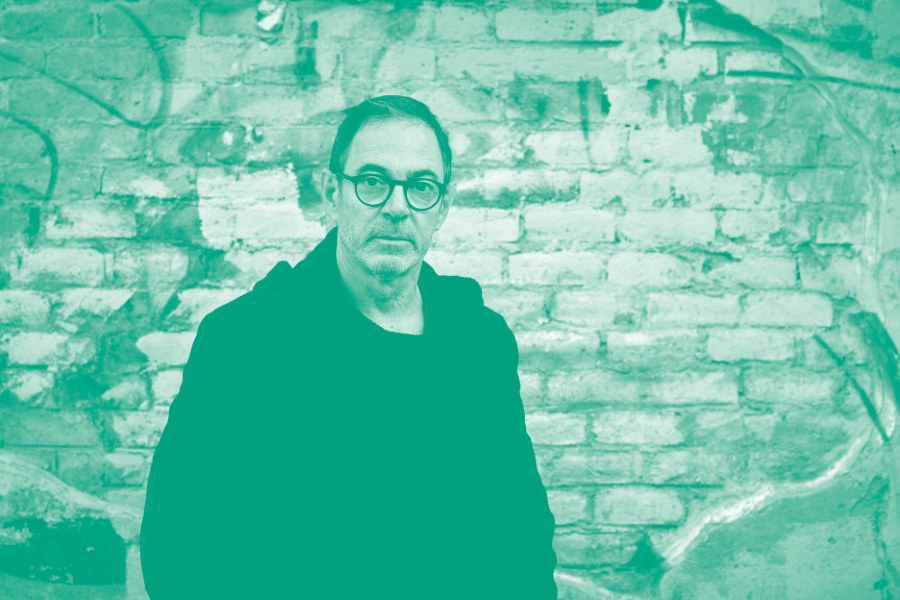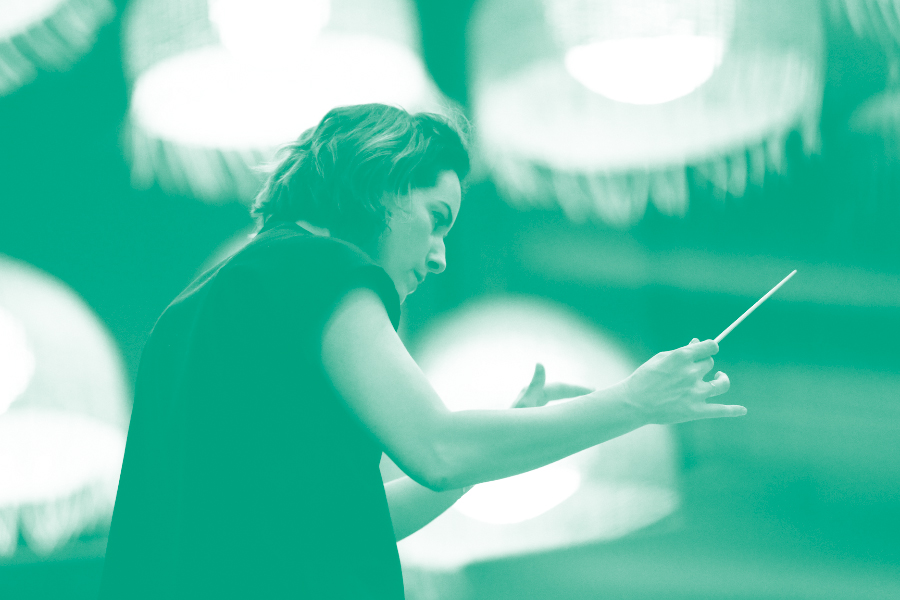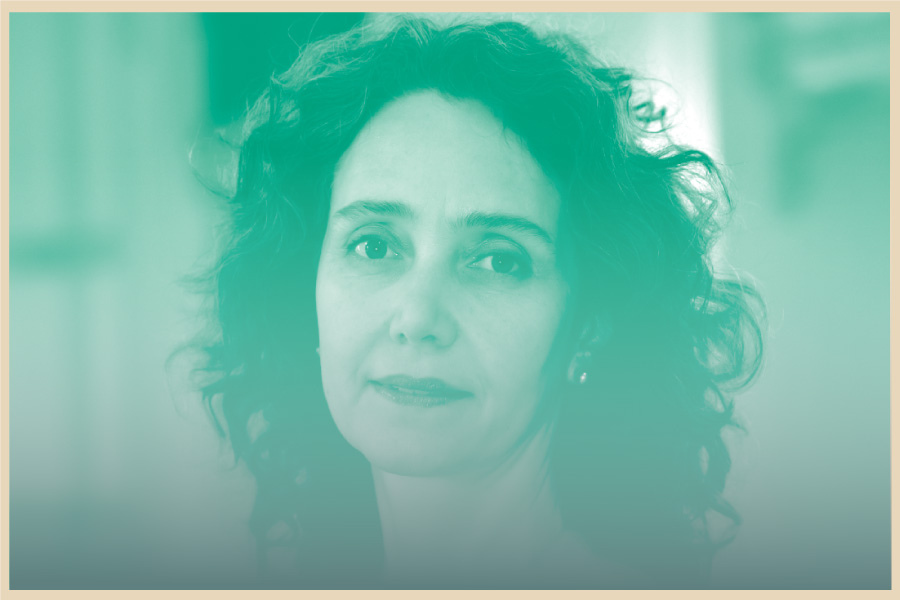Flavia Furtado: «Las mujeres de hoy en Brasil están llenando la mayor parte de los puestos de producción en los teatros»

Para conmemorar el mes de la mujer, OLA conversó con diferentes profesionales que trabajar en teatros miembros de la Red para visibilizar su trabajo y trayectoria dentro del sector cultural. Una de ellas fue Flavia Furtado, se desempeña como directora ejecutiva del Festival Amazonas de Ópera. Tiene distintas facetas que la hacen ser una mujer integral, ya que es pianista, gestora cultural e ingeniera comercial. Además, es la fundadora y una de las directoras del Foro Brasileño de Ópera, Danza y Música de Concierto.
En el extranjero ha gestionado y desarrollado proyectos relacionados con la economía de la cultura en Ópera Latinoamérica y el Festival de Ópera Amazonas. En 2006, crea Vlaanderen Produções Culturais, una empresa especializada en los principales eventos de música clásica con más de 70 producciones de ópera, teatro, conciertos y festivales, trabajando con algunas de las instituciones más importantes del país, como Theatro Municipal de Río de Janeiro, Teatro Municipal de São Paulo, Teatro São Pedro, entre otros.
Algunos de sus logros más significativos son el Festival Amazonas de Ópera y producciones como la ópera A Menina das Nuvens, de Villa-Lobos, Aula Magna com Stálin de David Pownall, Ça-Ira una ópera de Roger Waters. El año pasado fue una de las 10 finalistas del premio Classical Next – Premio a la Innovación, por su labor en la divulgación de todos los aspectos económicos y sociales de la industria de la ópera en Brasil.

Conversamos con Flavia Furtado sobre su rol como gestora cultural, pianista e ingeniera comercial en el mundo de las artes escénicas.
¿De qué manera las mujeres se han abierto espacio en los teatros?
Abrimos espacios para diversas competencias, ha sido un proceso lento y de empoderamiento en relación a generaciones pasadas. Creo que las mujeres brasileñas están llenando la mayor parte de los puestos de producción en los cines, incluyendo cada vez más puestos técnicos.
¿Qué queda aún por hacer?
Lograr tener reconocimiento pero es muy difícil ascender a posiciones administrativas. Principalmente, la paridad salarial entre hombres y mujeres en la oficina.
¿Cuáles son las dificultades y desafíos de tu cargo?
La inestabilidad de las instituciones es lo más difícil, creo que ese es el gran desafío que tenemos en nuestra industria en Brasil.
¿Sientes que por ser mujer te ha sido más desafiante?
Cuando estaba el trabajo y escuchaba algún comentario «raro» que hacía un hombre, como presentarme como un «ayudante del Festival» yo simplemente lo ignoré, no me hizo cosquillas. Pero creo que más importante que hablar de lo negativo es hablar de lo positivo, como todas las personas que me empujaron y creyeron en mi capacidad, pues tuve la suerte de tener mucha gente en mi camino y por esta razón, soy responsable de hacer lo mismo con las nuevas generaciones de mujeres en la industria.
Para más información sobre el Festival Amazonas de Ópera





